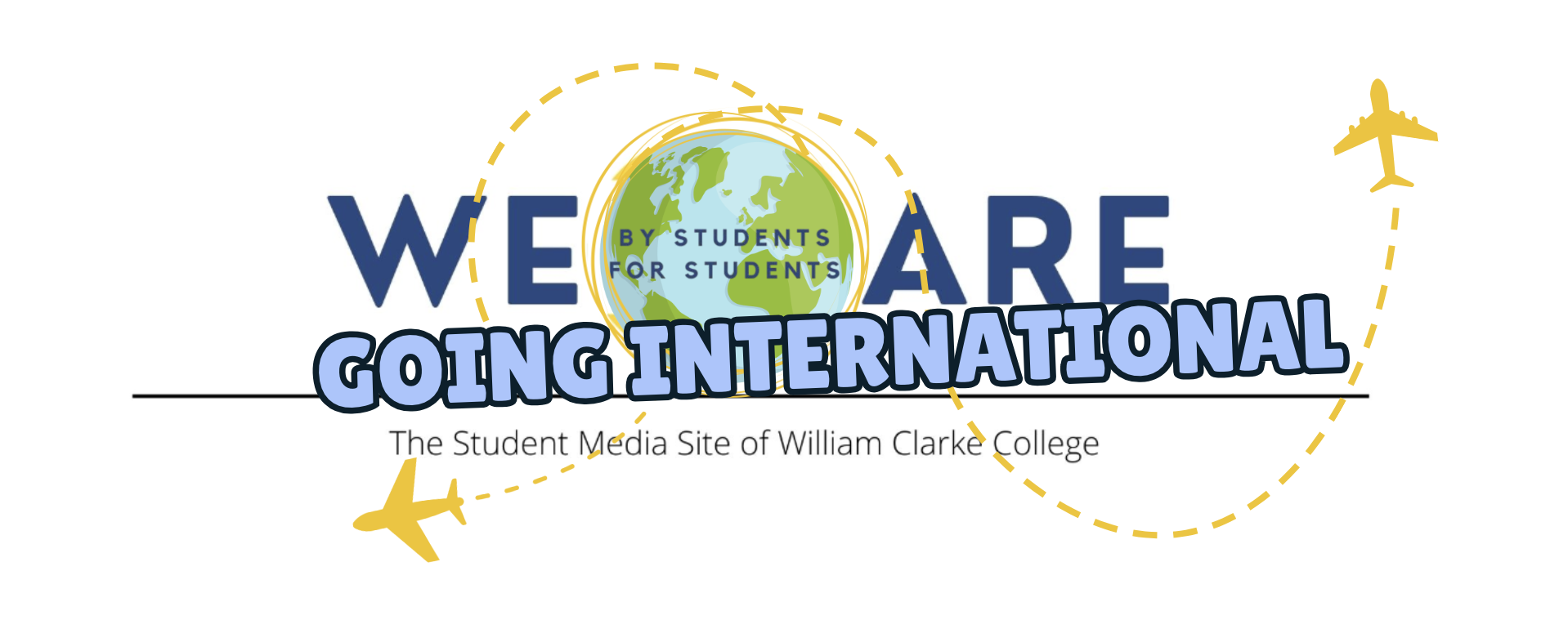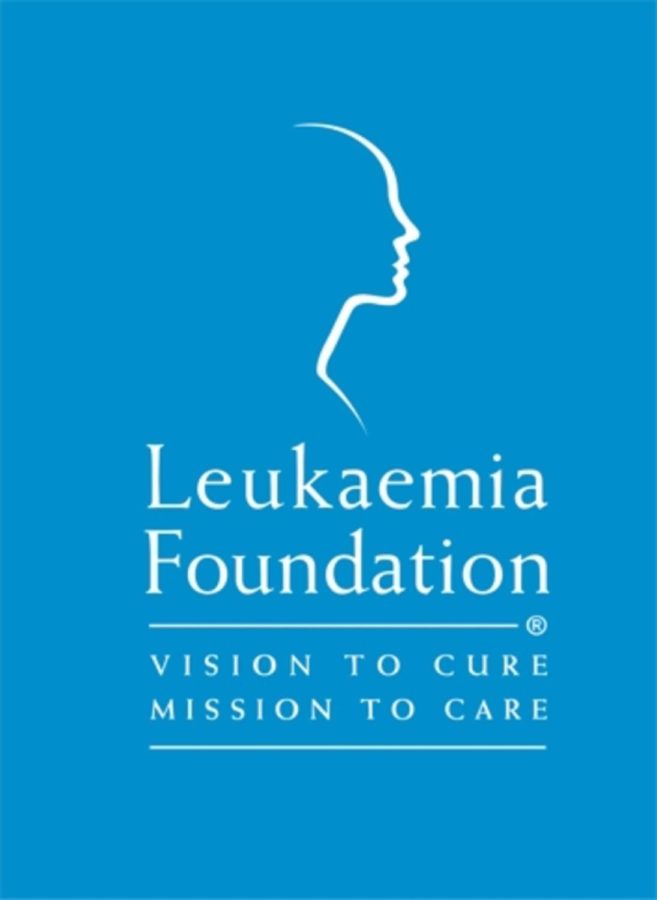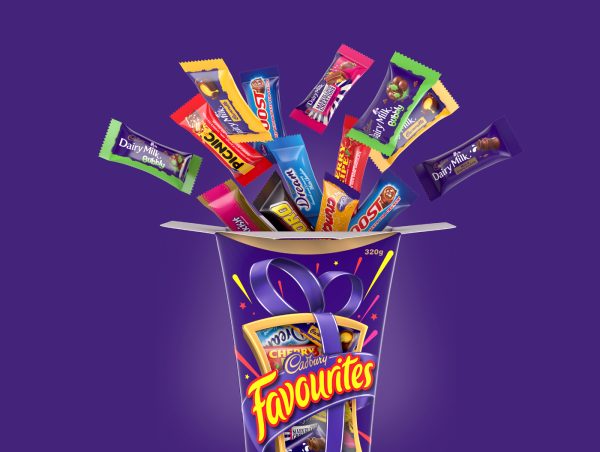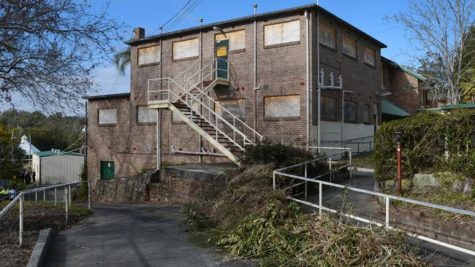Leukemia foundation: Service Beyond the College
November 16, 2022
31 students. The maximum size of many school classes in Australia. Statistically speaking, 31 students in William Clarke College will be diagnosed with Leukemia in their lifetime. This 31 includes your peers, your friends, maybe even you. Leukemia is a disease that impacts us all.
According to canceraustralia.gov.au, in 2018, there were 4,516 new cases in Australia and as of 2022, there has been an estimated 5,202 cases. That means there is a 1/58 chance of being diagnosed with leukemia by the age of 85. To put that into perspective, there are over 1800 William Clarke College students, meaning that, on average, 31 of those students will be diagnosed with Leukemia. Although it is thought to be a children’s disease, it affects adults too. According to the children’s cancer institute, Leukemia accounts for 1/4 of all the cancer cases in children and adolescents (ages 0-19). But what is Leukemia and how can we help?
Leukemia is a type of blood cancer affecting the reproduction of white blood cells. In a normal condition, there are a small amount of immature white blood cells known as blast cells, the immature cells then develop and are released into the blood stream. Unfortunately, although leukemia is classified as blood cancer, the cancerous white blood cells affect the cancer patient’s bone marrow which leads to bone abnormalities, and significant pain within the bone and bone joints.
Although the main type of leukemia stems from the white blood cells, there are varying types which can be either acute or chronic.
Patients with acute types of leukemia (AML) have blood cells which reproduce an excessive amount of immature white blood cells (Blast cells), and because of this, it interferes with the production of regular blood cells.
With chronic leukemia, there are too many mature, but abnormal, white blood cells that have undergone an infectious change whilst developing from a blast cell. Chronic leukemia generally progresses slower than acute leukemia and may not require treatment for a long time after it is diagnosed.
What is the Leukemia foundation and what do they do?
Although Leukemia can bring about heartbreaking times, there are services such as the Leukemia Foundation which can help and support families in need.
The Leukemia foundation, formed in 1975, is a not-for-profit organisation and is the only charity supporting people and families struggling with leukemia. They have invested millions of dollars, discovering vital treatments and potential cures for people living with blood cancer. The Leukemia Foundation starts with one big goal – trying to ensure that ZERO lives are lost to blood cancer by 2035. Although this may sound impossible, according to their annual report (2020-2021), only last year they developed new treatments for children fighting aggressive-high risk leukemia, increasing their chance of survival. As well as investing in Leukemia research, the Leukemia Foundation additionally support families going through the leukemia journey with supportive care including accommodation, transport, emotional/practical support, health/wellbeing/grief support and peer support groups. Just last year, 392 people benefitted from transport care, 733 families were given accommodation and 598 financial assistance grants were provided.
Although what the leukemia foundation has done may seem small to you, it has changed the lives of many families and individuals. That extra night of accommodation or financial assistance could take that little stress off a family, and they could then focus on the individual who is fighting the illness.
But how can we help? Luckily, the Leukemia Foundation has various ways on how you help on their website – such as donations, volunteering, and getting involved with events which raise awareness for blood cancer; you can even host a fundraiser.
On Wednesday the 16th of November, WCC will be hosting a bake sale, where all proceeds will go towards the leukemia foundation (more information on Connect). Even though it may not seem like a big deal to you, this small bake sale could change everything for one family.












